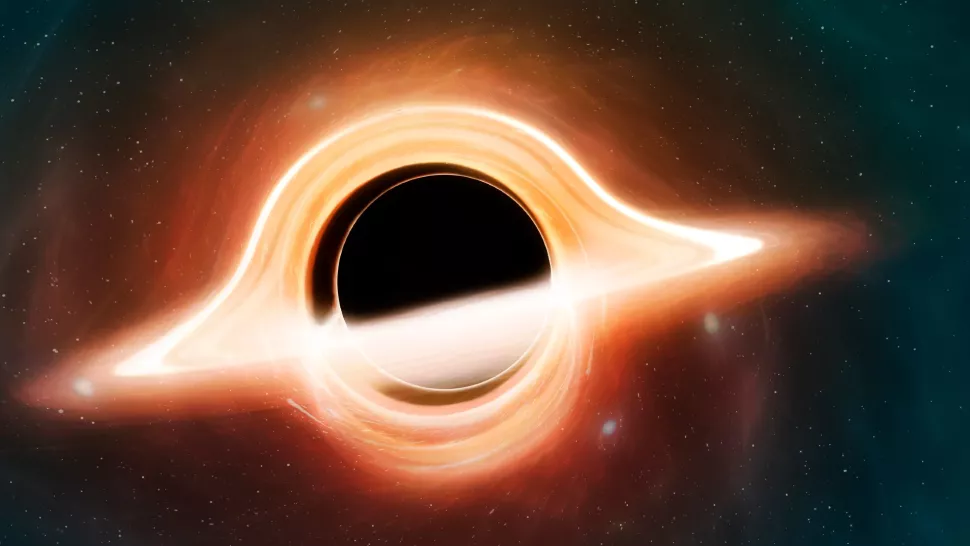A radical hypothesis suggesting that black holes may be behind the rapid expansion of our universe has sparked controversy among astronomers. A new study may contain the first tantalizing clues that this might be true. Astronomers may have found exciting evidence that dark energy, the mysterious energy that helps fuel the expansion of our universe, may be linked to black holes.
Dark energy makes up about 70% of our universe and is thought to have arisen after the Big Bang 13.8 billion years ago to fuel the expansion of the universe.
However, it remains unclear where exactly the mysterious power comes from. In recent years, some astronomers have put forward a radical theory that dark energy is not dispersed throughout the universe but may come from the hearts of giant black holes. However, others rejected this suggestion as strange.
Now, a new study claims to have found the first hints of a connection between two seemingly unrelated phenomena: the relationship between increasing dark energy density and increasing black hole mass as the universe ages. Researchers published their findings on October 28
Journal of Cosmology and Astroparticle Physics.
“If you ask yourself, ‘Where in the later universe do we see gravity as strong as in the early universe?’ The answer lies at the centers of black holes,” study co-author Gregory Tarle, a physics professor at the University of Michigan, said in a statement. “It’s possible that what happens during inflation happens in reverse, like a mini Big Bang played in reverse, with a massive star collapsing back into dark energy during gravitational collapse.”
To find clues that dark energy might be associated with black holes, researchers used the Dark Energy Spectroscopic Instrument (DESI) on the Nicholas W. Mayall 4-meter telescope in Arizona. This instrument determined the positions on the moon of millions of galaxies to be studied. How the universe has expanded to the present day. This allows astronomers to infer the density of dark energy over the lifetime of the universe based on the rate at which it is expanding outward.
Also read – The fastest neutron star in the universe has been discovered
By comparing these representative values of dark energy with the growth of a black hole at different stages of the universe’s life, the researchers made an intriguing observation.
“These two phenomena were consistent with each other; as new black holes formed from the death of massive stars, the amount of dark energy in the universe correspondingly increased,” said co-author Duncan Farrah, a professor of physics at the University of Hawaii. he said in a statement. “This makes it more convincing that black holes are the source of dark energy.”
If confirmed, the hypothesis could help solve a growing puzzle in cosmology. Over the years, astronomers have discovered that the universe appears to be expanding at different rates depending on where they look; They call this the Hubble voltage. While some measurements confirm our best current understanding of the universe, others threaten to shatter it.
Despite the intriguing connection, astronomers say many more observations and other experiments with DESI are needed before any firm conclusions can be drawn.
“In fact, whether black holes have dark energy associated with the universe they live in is no longer just a theoretical question,” Tarle said. “Right now this is an empirical question.”













